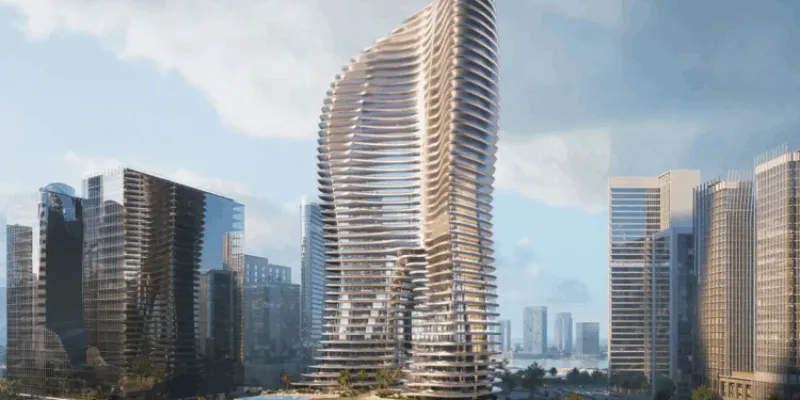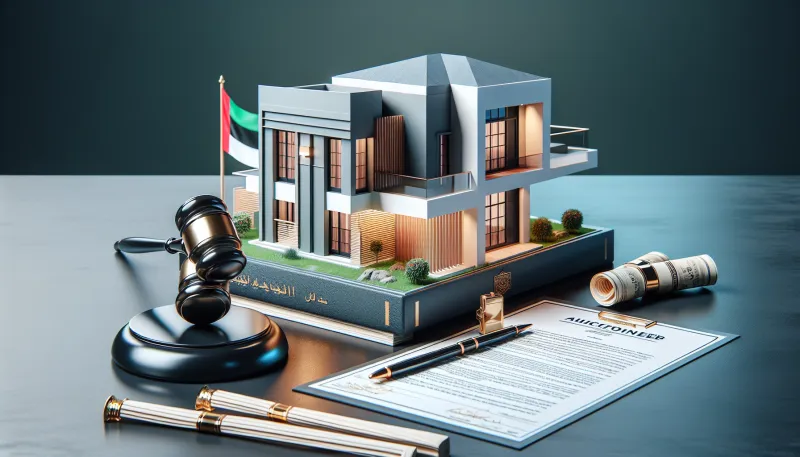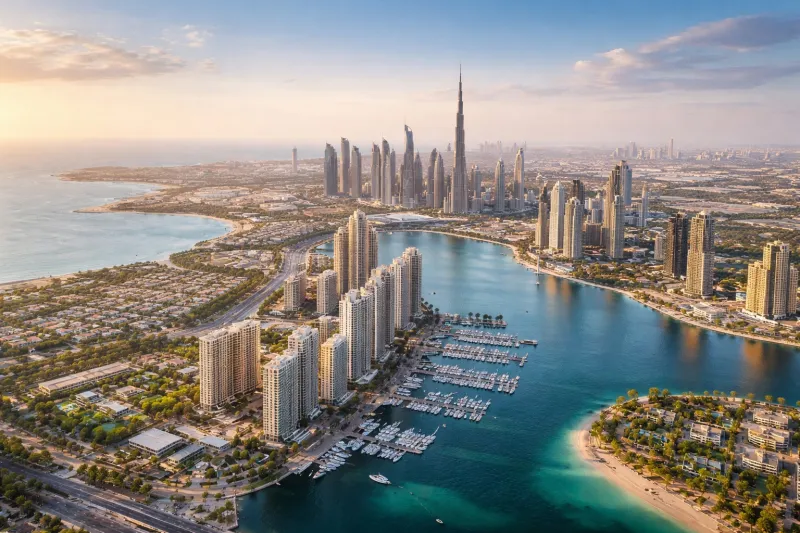
What costs are involved when buying a home in Dubai?
Buying a home in Dubai is an exciting investment, but it's essential to understand the various costs involved beyond just the property's asking price. From fees imposed by the government to charges by developers and banks, these expenses can significantly impact your overall budget. This article breaks down the key costs involved when purchasing a property in Dubai to help you prepare financially and make an informed decision.
Property price and developer fees
The most obvious cost when buying a home in Dubai is the property price itself. Developers may also charge various fees such as registration fees, agency commissions, and administrative expenses. It's common for these fees to be included in the purchase agreement but always clarify to avoid surprises later in the transaction.
Dubai Land Department registration fee
When transferring property ownership, buyers must pay a registration fee to the Dubai Land Department (DLD). This fee is typically 4% of the property’s value, plus a small admin fee. It is usually split equally between the buyer and the seller if agreed upon, but buyers should budget for the possibility of paying the full 4% as well.
Real estate agent commission
Hiring a real estate agent is common practice in Dubai’s property market. Agent commissions generally range from 2% to 5% of the purchase price, depending on the agreement and the property type. It is essential to understand who is responsible for paying this commission before signing any contracts.
Mortgage arrangement and registration fees
If you plan to finance your property through a mortgage, additional costs come into play. Banks usually charge arrangement fees that can range from 1% to 2.5% of the loan amount. There is also a mortgage registration fee with the DLD, which is 0.25% of the loan value plus an administrative charge.
Valuation fees
Before approving a mortgage, banks require a valuation of the property to assess its market value accurately. The valuation fee typically ranges from AED 2,500 to AED 3,500 and must be borne by the buyer. This fee ensures the lender’s risk is minimized and that the property price aligns with market conditions.
Home insurance costs
Although compulsory only in specific cases like mortgaged properties, homeowners insurance is advisable to protect your investment. Insurance premiums vary based on property size, location, and coverage but can add a significant recurring cost to homeownership expenses in Dubai.
Service charges and community fees
Many residential communities and buildings in Dubai charge annual or quarterly service fees to cover maintenance, security, and shared amenities. These fees vary widely depending on the property type and facilities offered, so it’s important to inquire about them before purchasing to assess ongoing financial obligations.
Utility connection and setup fees
Setting up your home requires connecting utilities such as water, electricity, and telecommunications. Dubai Electricity and Water Authority (DEWA) charges connection fees, deposits, and consumption tariffs. These initial setup fees are often overlooked but should be included in your buying budget.
Moving and furnishing costs
Once the purchase process is complete, additional costs may arise from moving and furnishing your new home. Depending on your lifestyle and preferences, these expenses can vary greatly but often represent a significant part of the total investment in your new Dubai residence.
Conclusion
Purchasing a home in Dubai involves a variety of costs beyond the purchase price, including government fees, agent commissions, mortgage-related expenses, and ongoing maintenance charges. Understanding these costs upfront helps buyers plan their finances accurately and avoid unexpected expenditures. Careful budgeting ensures that investing in Dubai’s dynamic property market is a rewarding and smooth experience.
Real Estate Market Researcher in the UAE and Middle East























